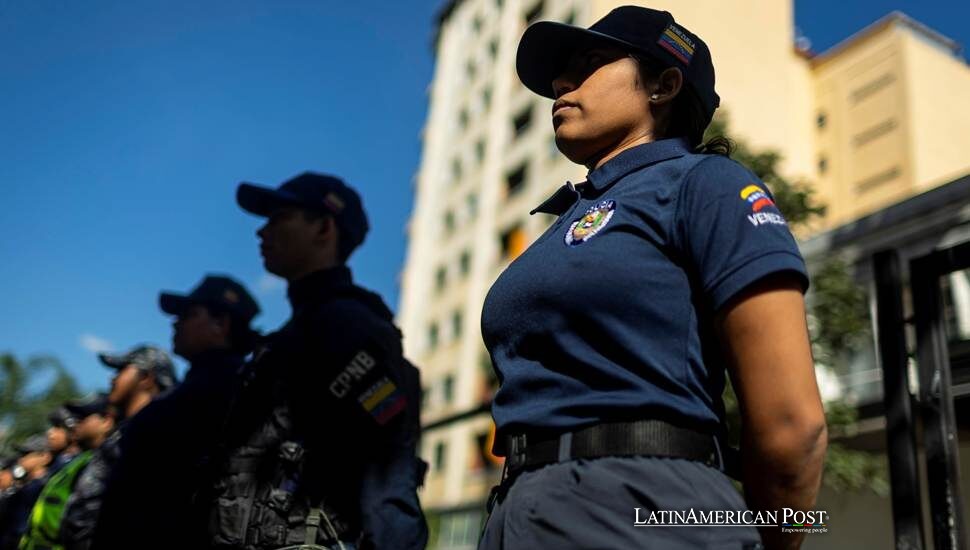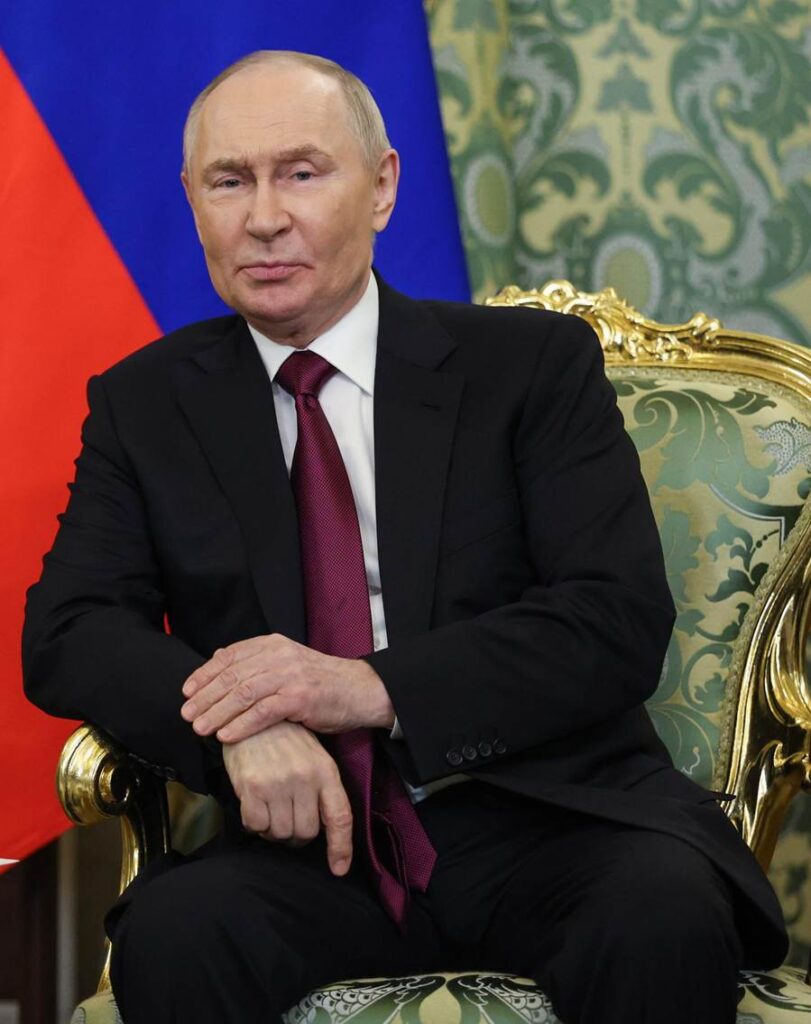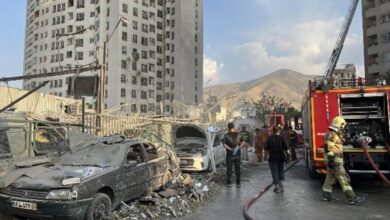Would Russia Really Defend Venezuela? Caracas Tests the Kremlin as Invasion Fears Spread

As Washington intensifies military pressure in the Caribbean and talk of a U.S. invasion of Venezuela gathers force, a question once confined to foreign-policy circles has become a street-corner debate from Caracas to Moscow: would Russia actually come to Nicolás Maduro’s rescue?
Allies and Limits: What Moscow Says It Will Do
The question gained urgency after the United States and Israel struck Iranian bases and nuclear sites, prompting analysts to revisit a broader, more volatile scenario: if President Donald Trump authorized a strike or invasion of Venezuela, would the Kremlin, Maduro’s most powerful ally, intervene?
Russia’s foreign minister, Sergei Lavrov, poured cold water on the idea. Venezuela “cannot be compared” to Belarus, he said, calling analogies between the two alliances “incorrect” and citing the prominent but decisive factor of “geographic reality,” according to EFE. The subtext was unmistakable: Russia cannot defend Venezuela the way it defends its European buffer states. The Caribbean is not its neighborhood.
Maduro, meanwhile, has escalated his rhetoric about a tight bond with Moscow. He has praised new strategic agreements, emphasized military cooperation, and spoken as though Russian support is ironclad. But experts interviewed by EFE argue that the Kremlin’s track record and its current constraints tell a murkier story. Russia is juggling a protracted war in Ukraine, domestic pressures, and an overstretched military. Its capacity to counter a U.S. operation in the Caribbean is not only limited, but it may be largely rhetorical.
Russia has spent years building a network of partners, from China and North Korea to Iran, Kazakhstan, and Venezuela, but the commitments within that network vary dramatically. The 2024 mutual-defense treaty with North Korea, for example, explicitly obliges Russia to respond if Pyongyang is attacked. North Korea even sent thousands of soldiers to Russia’s Kursk region to repel Ukrainian incursions, along with deminers to help secure borders, as EFE noted.
By contrast, Russia’s pact with Iran lacks language on mutual defense. When the United States bombed Iranian territory in June, Moscow condemned the attack but stopped short of any concrete support. Likewise, in Syria, where Russia’s 2015 intervention salvaged Bashar al-Assad’s regime, Moscow eventually accepted the collapse of his rule in December 2024. EFE reported that Russia offered Assad asylum even as his successor visited Moscow to renegotiate military basing rights at Latakia and Tartus.
There are cases where Russia acted quickly, such as its 2022 deployment to Kazakhstan under the Collective Security Treaty Organization, helping crush unrest. But that same alliance did nothing to help Armenia against Azerbaijan, another example of Moscow’s selective calculus. Across these scenarios, EFE’s reporting traces a clear throughline: Russia’s commitments depend on strategic value, feasibility, and proximity.
Precedent Check: From North Korea to Iran and Syria
This uneven history shadows the new “strategic association and cooperation” agreement Venezuela signed with Russia, a pact Maduro touts as proof he will not face the United States alone. The document entered into force just days before Washington launched its Spear of the South anti-narcotics operation in the Caribbean.
Lavrov said the accord reaffirms security cooperation, including in the “technical-military sphere,” and insisted Russia is “ready to act fully” within its obligations to its “Venezuelan friends,” according to EFE. Yet he also stated plainly that Venezuela has not formally requested weapons, air-defense systems, or other direct military assistance.
Symbolism, for now, is doing much of the work. Russian diplomats defend Maduro’s legitimacy. The Kremlin warns Washington against destabilizing the region. Russia’s parliament calls for international condemnation of U.S. “aggressive actions.” All of it signals solidarity, none of it guarantees intervention.
Still, rumors thrive in the gray space between diplomacy and deterrence. In late October, a Russian Il-76 cargo jet landed in Caracas. Hardline Russian lawmaker Alexei Zhuravliov claimed the plane carried Pantsir and Buk air-defense systems, “the same ones that protect Putin’s residences.” No government authority has confirmed the cargo, EFE reported.
Lavrov, meanwhile, blasted U.S. policy as a boomerang. “I am convinced the line chosen by the Trump administration regarding Venezuela will bring nothing good,” he said, according to EFE. But warnings are not tanks, and statements are not missiles.

A Pact on Paper, a Plane in Caracas
Maduro, however, has been a far more complicated partner. Moscow sent military instructors and technicians in 2019. Russian oil giant Rosneft helped Caracas navigate U.S. sanctions. But those efforts came before the strains of the war in Ukraine. Today, analysts doubt the Kremlin can, or will, spend significant political or military capital to save Maduro.
Venezuela already operates Russian-made Sukhoi fighter jets, S-300 air defense systems, and Smerch rocket launchers. But replenishing or reinforcing that arsenal would require outmaneuvering U.S. naval dominance in the Caribbean. Any attempt to deploy Russian assets there risks a confrontation with Washington and strains Moscow’s military at a moment of exhaustion.
The stakes for Russia are not trivial. Losing Venezuela would mean losing its primary foothold in the Western Hemisphere and jeopardizing investments in gold and hydrocarbons worth billions, as EFE reported. It would also hand ammunition to domestic critics eager to depict Putin as a leader who invests abroad only to lose influence when crises peak. But the price of direct intervention, in money, logistics, and potential escalation, is far higher.
Maduro After Chávez: Loyalty, Leverage and What Russia Risks
The partnership that remains is narrower: intelligence cooperation, technical support, diplomatic shielding at the United Nations, help with spare parts and maintenance, and the occasional shipment of ambiguous cargo. The new pact, despite its dramatic language, functions more as political insurance than as a mutual-defense guarantee.
Russia has shown it will fight when geography, alliances, and political incentives align. It has also shown that it will step back when a partner becomes more of a liability than an asset. That is why analysts quoted by EFE do not expect a Belarus-style umbrella over Caracas, and why Lavrov’s emphasis on geography matters. The Kremlin’s red lines are close to home.
For Venezuela, however, even symbolic Russian backing plays well. It signals resolve, suggests that Washington risks international backlash, and offers a narrative of global support. For Russia, keeping Caracas in its orbit maintains a presence in America’s backyard and complicates U.S. strategy in the hemisphere, even if Moscow never fires a shot.
In the end, EFE’s reporting sketches a familiar Russian playbook: loud statements, selective commitments, and a careful reading of maps. If Washington escalates, Moscow will weigh risks against rewards, as it has from Tehran to Yerevan. Whether that calculation produces meaningful help for Venezuela, or merely another plane landing quietly on a Caracas runway, may depend less on treaties than on geography and timing, the two forces that have long dictated where Russia fights, and where it only pretends it might.
Also Read: Venezuelan Lives in Limbo: How Policy Shifts and War Fears Collide in the U.S.





